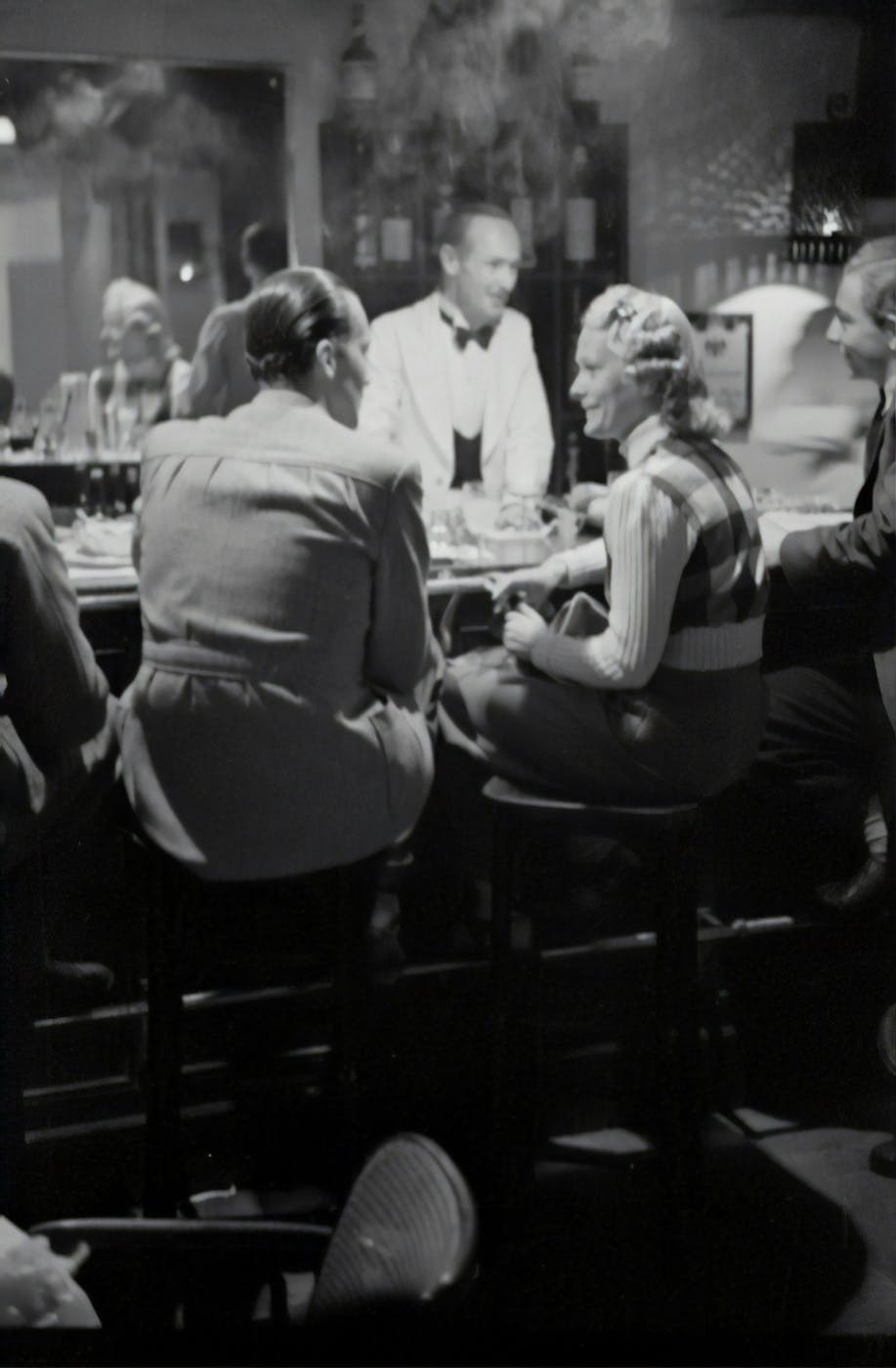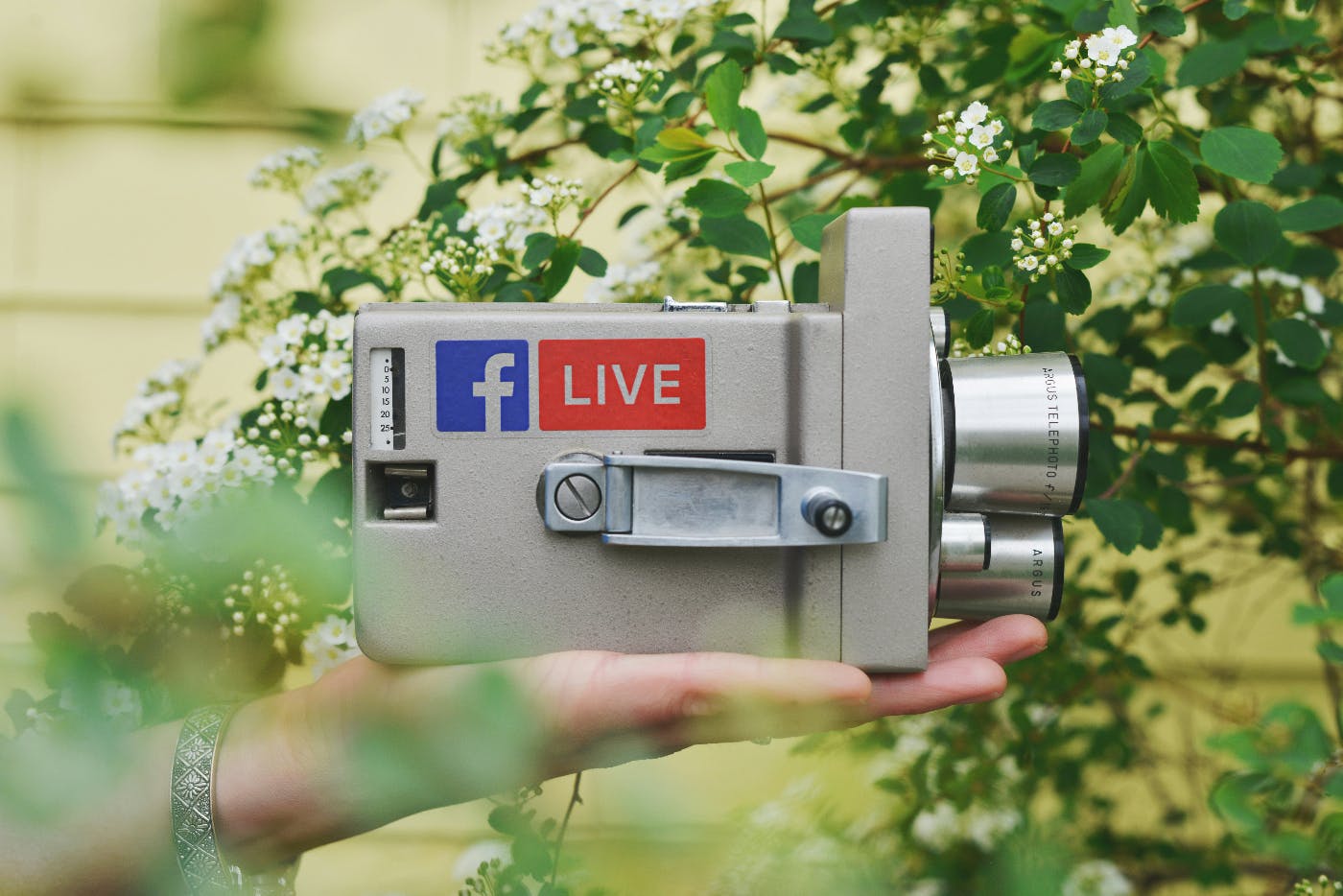
But why? What about famous people’s relationships draws us in so deeply? Whether it’s admiration, envy, or sheer curiosity, our fixation on celebrity romances runs deep
It’s Friday, dear readers, and as is my wont, I veer from the typical marketing and branding material that makes ThoughtLab famous, and I have some fun. Or what passes as fun in my little world. Today, I am talking about celebrity love. No, I’m not going into detail about my torrid romance with the fabulously talented Minnie Driver. Did you see her turn as Queen Elizabeth in the series The Serpent Queen? That’s worth a view or two. Also, if Ms. Driver happens to read this … I have no idea why she would … remember this is a little bit of satire; please do not sue me for mentioning you. And, honestly, your Elizabeth was fantastic!!
No, I am mostly thinking about the Taylor Swift Travis Kelce romance that has seen usual football abstainers glued to their TVs on Sundays, Mondays, and Thursdays, hoping to catch a glimpse of the pop star and the tight end, hey Pixar, that sounds like your next project. What is this fascination, this examination of every gesture and clothing choice? And seriously, how do people have the time to keep up with all that?
This obsession with celebrity love lives has gone on forever. When archeologists uncovered ancient tombs of ordinary Egyptians, they found hieroglyphics telling the story of the family's obsession with Heba, the Benet player. The ancient world soon became fascinated when this musical star, who sold out amphitheaters across Egypt, started dating Babu, a famous field hockey player. She would attend his games, and he would attend her concerts, and the next day, many reams of papyrus were filled with clues about their relationship. How she reacted when he scored a goal, who she sat with in her celebrity box at the stadium, and how often ENN (Egyptian News Network) had servants act out her reactions on the jumbo stage.
Oh, the good old days. We don’t do that anymore. Thank Osiris!
Kidding. With social media and 24/7 news stations, there are even more ways to obsess over pop stars and their paramours than ever before. Which begs the question, “Why are we doing this? Don't we have better things to occupy our time? Isn’t there something else more important that we could be doing?
Okay, that’s more than one question.
The point is, I don’t get it. I just don’t. This obsession with the love lives of celebrities has never made sense to me, so I just don’t get it. I am confident that T-Swizz isn’t sitting at home and thinking, "I wonder if that fat, bald writer in Port Angeles is dating anyone." I’m sure she isn’t. On the off chance that she is, no Tay-Tay, I’m still single, but thank you so much for taking time out of your incredible life to think of me. That’s sweet.
Anyway, that was on my mind when I sat down to write today’s blog. So, today is about celebrity obsession. Why is it, why do we have it, why does it command so much attention? And, maybe I’m a little jealous because only once in ym life have I been recognized for a movie I did, and frankly, it felt great to be noticed. Who knows? Doesn’t matter.
Off we go.
To Start With
The internet has been abuzz with rumors swirling around NFL star Travis Kelce and pop sensation Taylor Swift in recent weeks. Their supposed romance has captivated millions, and every sighting, Instagram post, and cryptic lyric is analyzed as if it were a clue to an unsolved mystery. It’s far from the first time the public has been engrossed in the romantic lives of famous figures, and it certainly won’t be the last. From Brad Pitt and Angelina Jolie to Prince Harry and Meghan Markle, we seem endlessly fascinated by the love lives of celebrities.
But why? What about famous people’s relationships draws us in so deeply? Whether it’s admiration, envy, or sheer curiosity, our fixation on celebrity romances runs deep. It’s as though we are living vicariously through them, awaiting the next chapter in their love stories. The public’s relationship with celebrity couples has evolved from idle curiosity to a full-blown cultural phenomenon. But what does this say about us, and, more importantly, is this obsession healthy?
Now that the introduction part is out of the way, I sort of did two sections of introductions here; sorry about that, probably because I wrote the meat of this piece yesterday, and I am adding to it today. Point is, we’ll explore the many reasons behind our fascination with the romantic lives of famous people. From a historical perspective to the psychological effects of parasocial relationships, we’ll dive into the media’s role in fueling the fire, the consequences of this obsession on celebrities and their fans, and, ultimately, what it all means about our society.

Historical Fascination with the Famous
The fascination with the love lives of famous people is not a modern phenomenon; it is deeply rooted in human history. Although I fabricated the story of Heba and Babu, long before the age of social media and celebrity gossip columns, societies were captivated by the relationships of their rulers, elites, and public figures. In ancient times, the personal lives of kings, queens, and emperors were often seen as a reflection of the state’s well-being. Royal marriages were not just romantic unions but political alliances that impacted nations. The public was vested in these relationships, as they often influenced matters of war, peace, and social stability.
In more recent history, the rise of Hollywood and the golden age of cinema introduced a new form of celebrity—one that was less tied to political power and more to entertainment and glamour. Early film stars like Charlie Chaplin and Mary Pickford were admired not just for their on-screen talents but also for their off-screen lives. The public’s interest in their relationships marked the beginning of modern-day celebrity culture.
Fast forward to today, and the love lives of celebrities continue to captivate the masses. From the tabloid coverage of Elizabeth Taylor’s many marriages to the global frenzy surrounding Princess Diana and Prince Charles, the public has always had a thirst for stories of love, heartbreak, and scandal. In this sense, our current obsession with the romantic lives of Travis Kelce and Taylor Swift is simply the latest chapter in a long history of public fascination with the personal lives of the famous.
Psychological Perspective: Why We Care
Why do we care so much about the love lives of people we’ve never met? The answer lies in the psychology of human behavior and our innate desire for connection, storytelling, and social comparison.
- Parasocial Relationships: One of the key reasons we become so invested in celebrity relationships is the development of parasocial relationships. These are one-sided emotional connections that fans form with celebrities despite having no direct interaction with them. As fans follow the lives of celebrities through social media, interviews, and news coverage, they feel as though they know them personally. This sense of familiarity leads to emotional investment in their relationships as fans project their own hopes, dreams, and desires onto these famous figures.
- Escapism: For many, following the romantic lives of celebrities offers a form of escapism from the stresses and monotony of everyday life. The glitz and glamour of celebrity relationships provide a fantasy world where love is grand, drama is heightened, and emotions are intense. Whether it’s watching a red-carpet event or reading about a celebrity’s latest breakup, these stories offer a temporary escape from the realities of our own lives.
- Social Comparison: Celebrities serve as aspirational figures, and their relationships often become benchmarks for the public’s own romantic lives. People may compare their own relationships to those of famous couples, seeking validation or reassurance. On the other hand, celebrity breakups or scandals can also serve as cautionary tales, allowing people to feel superior or more grounded in their own relationships.
- Tribalism and Community: The shared experience of following a celebrity couple can foster a sense of community among fans. Whether through fan forums, social media groups, or casual conversations with friends, discussing the latest developments in a celebrity’s love life creates a sense of belonging. Fans rally around their favorite couples, cheer for their happiness, and mourn their breakups, all while forming a collective bond.
The Role of the Media
The media plays a pivotal role in shaping and sustaining the public’s obsession with the love lives of famous people. In today’s 24-hour news cycle, every detail of a celebrity’s romantic life can be magnified and turned into a story. From gossip columns to social media platforms, the media acts as the middleman between celebrities and the public, often turning relationships into entertainment.
- Amplification and Speculation: Media outlets are quick to amplify even the slightest hints of romance. A casual photo of two celebrities together can spark rumors that dominate headlines for days. Speculation becomes a driving force as outlets try to outdo each other with “exclusive” details, often based on little more than hearsay. This speculative coverage draws readers in, encouraging them to invest emotionally in the relationship's outcome.
- The Celebrity Narrative: The media often casts celebrities into specific roles. The “golden couple,” the “bad boy and good girl,” or the “on-again, off-again” pair—these narratives create a sense of drama that the public can follow like a TV series. The media crafts story arcs around these relationships, complete with moments of tension, resolution, and sometimes heartbreak. The public becomes hooked, waiting for the next installment of the celebrity love story.
- Sensationalism Sells: One reason celebrity romances are so frequently covered is that they sell. Relationships are inherently relatable, and the stakes feel higher when the people involved are famous. The media capitalizes on this by creating a constant stream of content that keeps readers engaged. Whether it’s the promise of a fairytale wedding or the shock of a sudden breakup, romantic stories are an easy way to attract attention.

The Social Media Effect
In the age of social media, the public’s access to celebrity relationships has grown exponentially. Platforms like Instagram, Twitter, and TikTok allow fans to follow the day-to-day lives of celebrities in real-time, blurring the line between public and private.
- Instant Access: Fans no longer have to wait for tabloids or entertainment news shows to get updates on their favorite celebrity couples. Social media provides instant access to the latest developments. A single Instagram post can spark a viral conversation, and fans feel as though they are getting a glimpse into the real lives of the people they admire.
- Fan Speculation and Involvement: Social media also encourages fans to actively participate in the narrative. They analyze every post, tweet, and video for hidden meanings, clues, or signs of a relationship’s status. This creates a heightened sense of involvement, as fans feel they are part of the story. Hashtags, fan theories, and viral trends only serve to intensify this feeling of connection.
- Privacy Erosion: While social media offers celebrities a platform to control their narrative, it also erodes their privacy. Fans and media outlets alike can dissect their every move, often crossing boundaries. This constant scrutiny can take a toll on the celebrities themselves, as their relationships become public property to be debated and discussed.
Is It Healthy?
The question of whether this obsession with celebrity love lives is healthy is complex. On one hand, it provides entertainment, connection, and a sense of community. On the other hand, it can lead to harmful consequences for both fans and celebrities.
- The Positives: For many, following celebrity relationships is a harmless form of entertainment. It offers a shared experience that allows people to bond over something lighthearted. In a world filled with serious issues, celebrity gossip can provide a welcome distraction. Additionally, seeing famous couples navigate love and relationships can sometimes offer valuable insights or lessons.
- The Negatives: However, there are downsides to this obsession. Parasocial relationships can create unrealistic expectations about love and romance as fans project their fantasies onto celebrity couples. When these relationships inevitably face challenges, fans may feel personally affected, leading to disappointment or frustration. Additionally, the constant scrutiny of celebrities’ personal lives can have a negative impact on their mental health, as they are often subjected to invasive speculation and criticism.
- The Blurring of Boundaries: The erosion of the boundary between public and private life is perhaps the most concerning aspect of this phenomenon. Celebrities are often expected to share intimate details of their relationships, and when they choose not to, they can be met with backlash or accusations of hiding something. This constant pressure can strain relationships and contribute to the emotional toll of fame.

What Does It Say About Us?
Our obsession with celebrity love lives reveals a great deal about modern society. On the surface, it may seem like harmless fun, but it also speaks to deeper cultural and psychological needs.
- Desire for Narrative: Humans are naturally drawn to stories, and celebrity relationships provide a rich source of narrative. With elements of drama, conflict, and resolution, these relationships offer the same emotional engagement as a well-crafted movie or TV show. The difference is that these stories unfold in real life, making them even more compelling.
- Need for Connection: In an increasingly individualistic world, celebrity relationships offer a sense of connection. Whether it’s through discussing the latest developments with friends or engaging in online fan communities, following these stories can create a feeling of belonging. It’s a shared experience that brings people together, even if it’s over something as trivial as a celebrity romance.
- Cultural Priorities: The focus on celebrity love lives also reflects the priorities of modern culture. In a world where entertainment and escapism are highly valued, the personal lives of the famous have become a form of mass entertainment. While this isn’t inherently negative, it does raise questions about the role of media in shaping societal values.
- Impact of Fame on Identity: Finally, this obsession highlights the impact of fame on personal identity. For many celebrities, their relationships become part of their public persona, whether they like it or not. The public’s constant attention can affect how they view themselves and their partners, creating a complex dynamic where their personal lives are intertwined with their professional image.
Summing Up
In the end, our obsession with the love lives of famous people is a reflection of human nature. We are drawn to stories of love, drama, and emotion, and celebrity relationships offer all of that in abundance. While this fascination can provide entertainment and a sense of connection, it also raises important questions about privacy, boundaries, and the pressures of fame. As we continue to follow the latest updates on celebrity romances, we must ask ourselves whether this constant scrutiny is fair—to both the celebrities involved and to us as consumers. Are we merely indulging in harmless entertainment, or are we contributing to a culture that invades personal privacy and distorts our understanding of real relationships? The allure of fame will always captivate us, but perhaps it's worth considering the cost of turning people’s personal lives into a public spectacle. In a world where boundaries between public and private are increasingly blurred, reflecting on our role as spectators can help us navigate this fascination in a more mindful way.
So, if Taylor is reading this, hahahahahahahahahahahahahahahaha, I hope you’re happy and loved and have all you want, and even though I am a dye-in-the-wool Patriots fan, I hope Travis is happy as well. I promise not to obsess about your relationship and will keep a reasonable distance from you. That said, if either of you have any single female friends who have a propensity for chubby, sedentary writer types, drop me a line, and maybe we could double date. You’ll have to pay cause, well, I’m not you.

